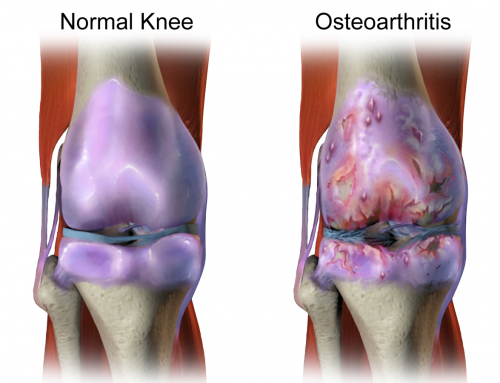 One really good reason to read the list of ingredients on your food – and to stay away from “foods” containing things you can’t pronounce – is the prevalence of hidden chemicals that can lead to weight gain and other health problems. Monosodium glutamate (MSG), for example, is the flavor enhancer that makes food more addictive so that you eat more, and therefore purchase more. Making the consumer crave the taste of an MSG-laden food is only one of the many ways that MSG increases your waist line. Because the pancreas has very active glutamate receptors, MSG consumption makes insulin levels spike upward. Eating MSG-laden foods over time results in chronically elevated insulin levels, leading to insulin resistance and diabetes. Yes, it may taste good, but does it really taste THAT good?
One really good reason to read the list of ingredients on your food – and to stay away from “foods” containing things you can’t pronounce – is the prevalence of hidden chemicals that can lead to weight gain and other health problems. Monosodium glutamate (MSG), for example, is the flavor enhancer that makes food more addictive so that you eat more, and therefore purchase more. Making the consumer crave the taste of an MSG-laden food is only one of the many ways that MSG increases your waist line. Because the pancreas has very active glutamate receptors, MSG consumption makes insulin levels spike upward. Eating MSG-laden foods over time results in chronically elevated insulin levels, leading to insulin resistance and diabetes. Yes, it may taste good, but does it really taste THAT good?
If diabetes alone wasn’t enough to make you think twice, understand that all fat-burning hormones are blocked by the presence of insulin. So when insulin is elevated, your body cannot burn fat efficiently. This results in both weight gain and an inability to lose that weight. Insulin release is triggered by consuming sugar, refined carbohydrates, and MSG. And most fast food – including those supposedly “healthy” salads peddled by fast food restaurants – contains ample amounts of sugar, refined carbs, and MSG. They know what it takes to keep the public coming back for more, and more, and more.
Beware of the Other Names for MSG
One of the world’s most widely used food additives, it also goes by other names: hydrolyzed vegetable protein, modified food starch, autolyzed yeast extract, textured protein, modified corn starch, and “natural flavorings.” The term “natural flavorings” ought to make you pause and raise an eyebrow. Food manufacturers with nothing to hide will spell out specifically what natural flavorings they are using. When they leave this term undefined, they are usually hiding the fact that they are using bad flavor-enhancing chemicals like MSG.
Other than diabetes and weight gain, MSG has also been linked to other serious health problems. A really good overview on the dangers of MSG comes from Dr. Russell Blaylock, a neurosurgeon and author of “Excitotoxins: The Taste that Kills.” Dr. Blaylock explains that excitotoxins like MSG literally overexcites the body’s cells so they fire uncontrollably to the point of cellular damage or death. This is probably why MSG has been linked to serious learning disabilities, Alzheimer’s disease, Parkinson’s disease, migraines, fatigue, and depression.
The best way to avoid MSG is to avoid processed foods, and certainly to avoid fast food. Instead, choose natural foods that will help heal your body and brain and help you lose weight: organic fruits and vegetables, free-range chicken, grass-fed beef, wild-caught (that is, NOT farm-raised) fish. You’ll also find that artificial foods pale in comparison to the taste and smells of real, healthy food.
In summary, MSG is linked to a number of serious health problems including migraines, learning disabilities, diabetes and obesity, so do your health and your waistline a favor and limit your exposure! If you are feeling overwhelmed, please know that ANY change you make is a step in the right direction. Changing even one meal a day to something healthier can make a difference. Good luck!



